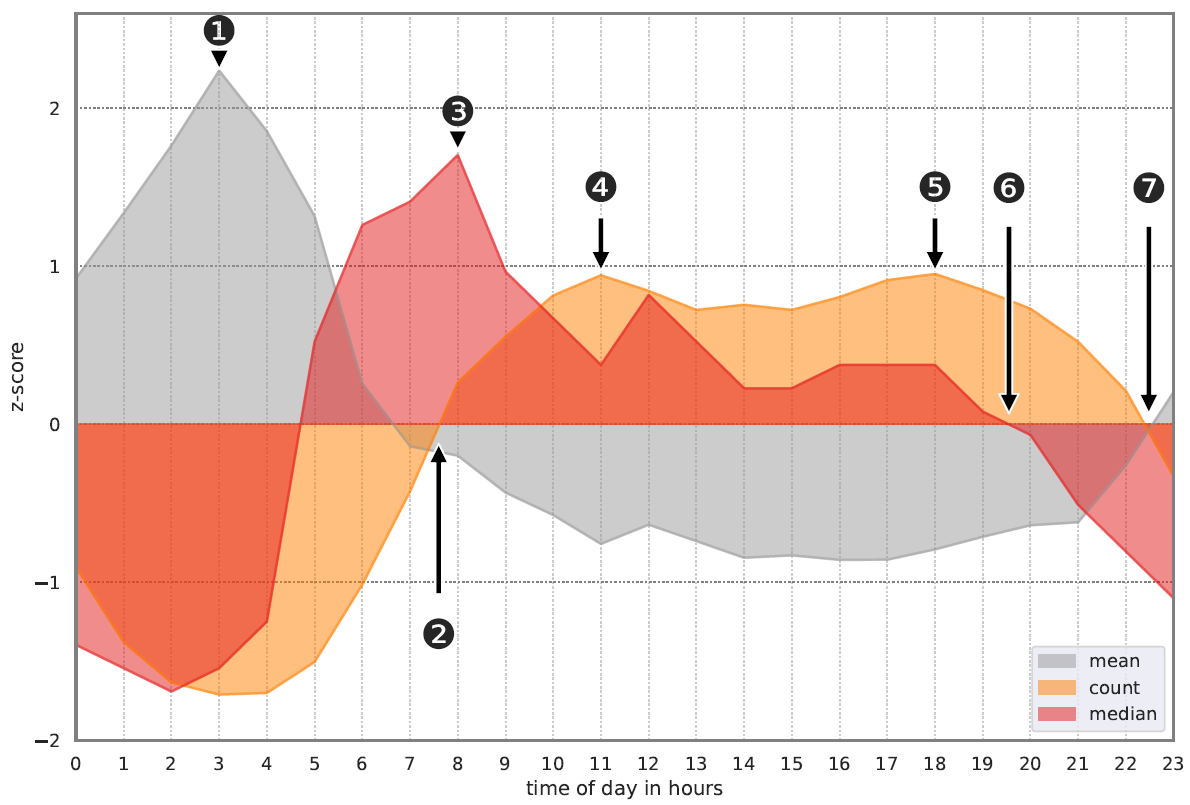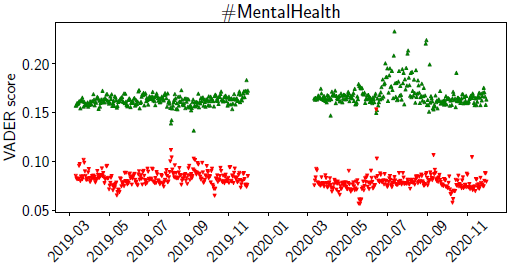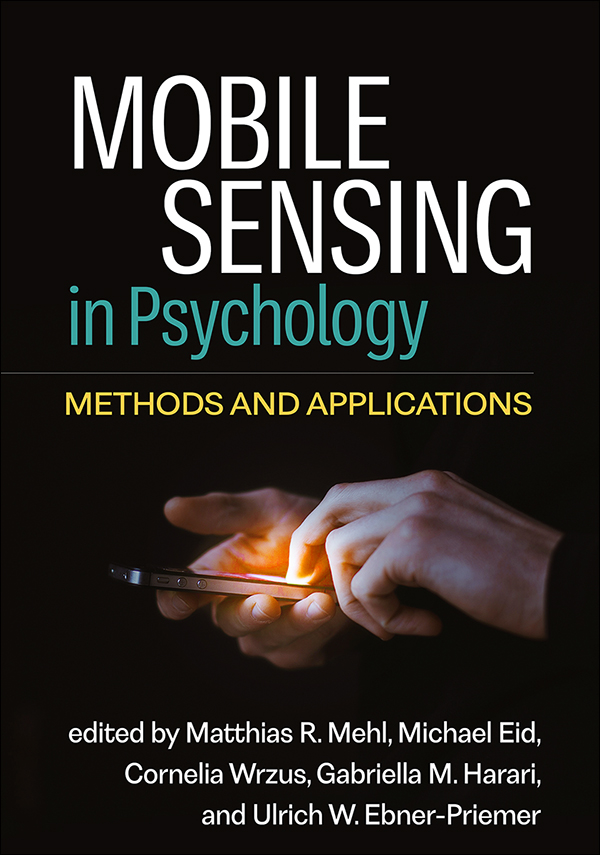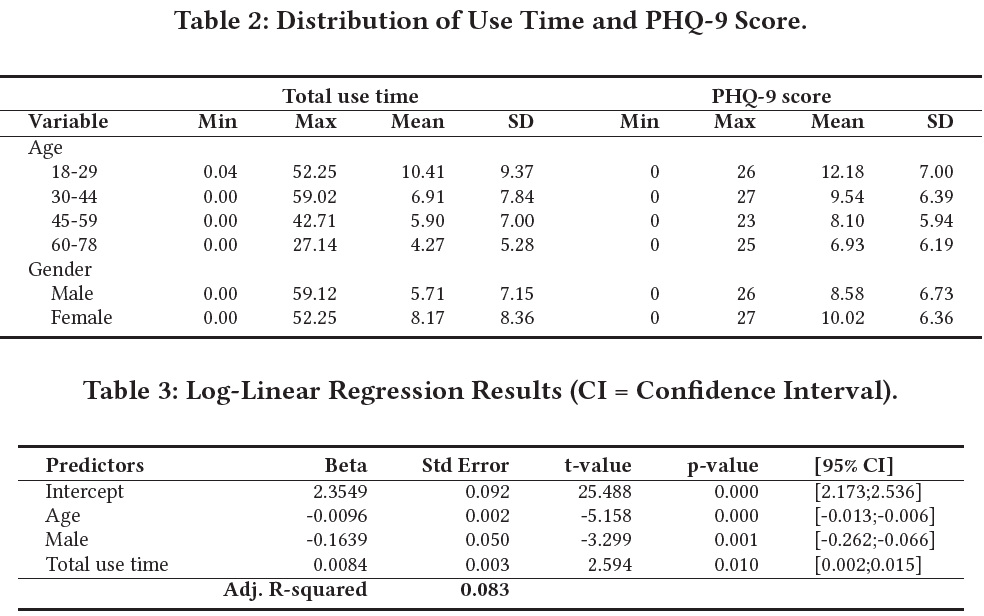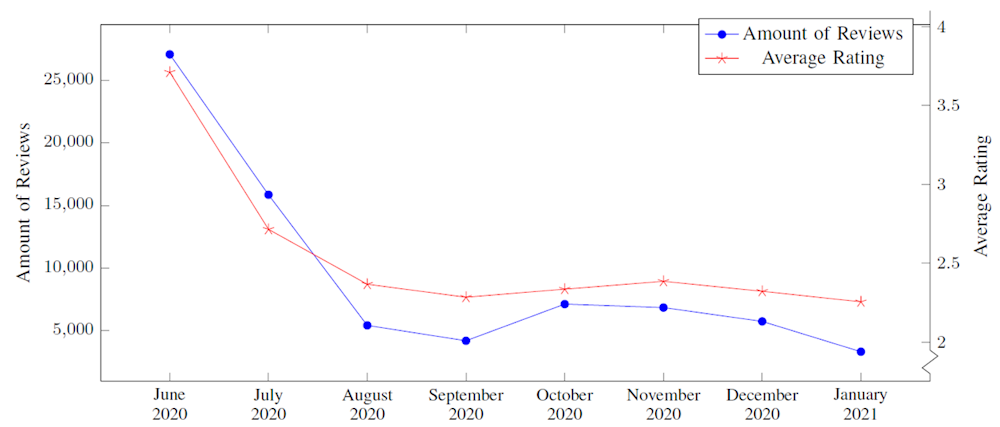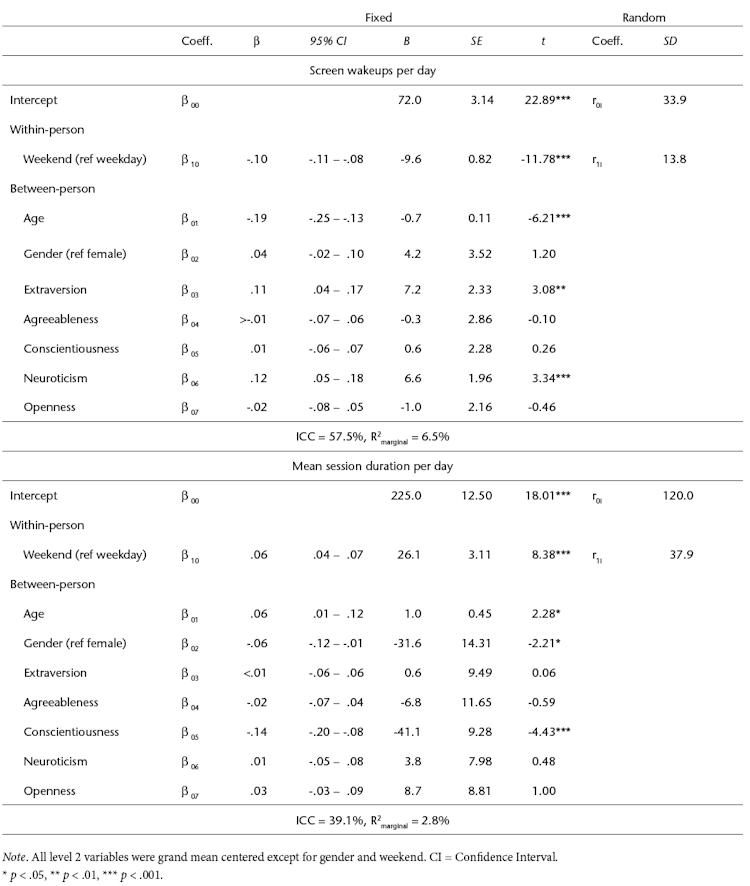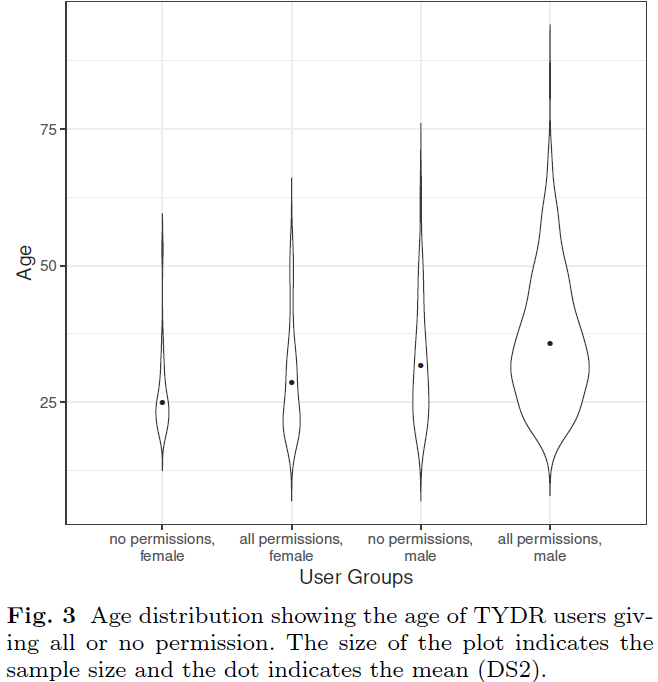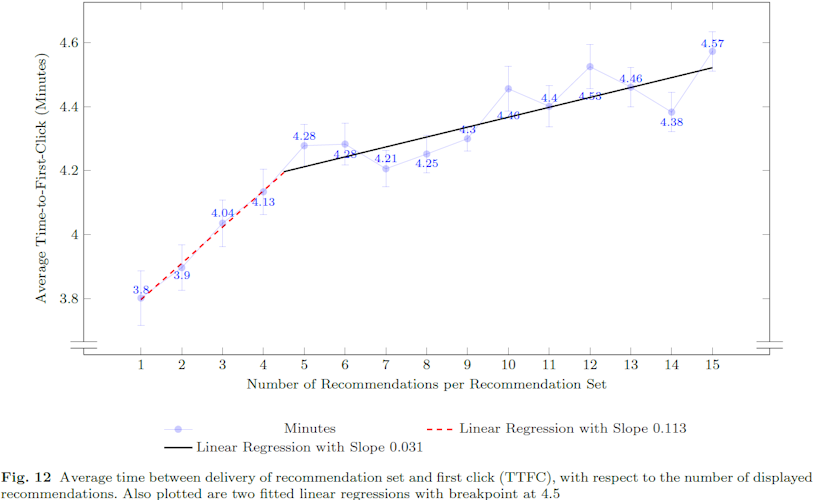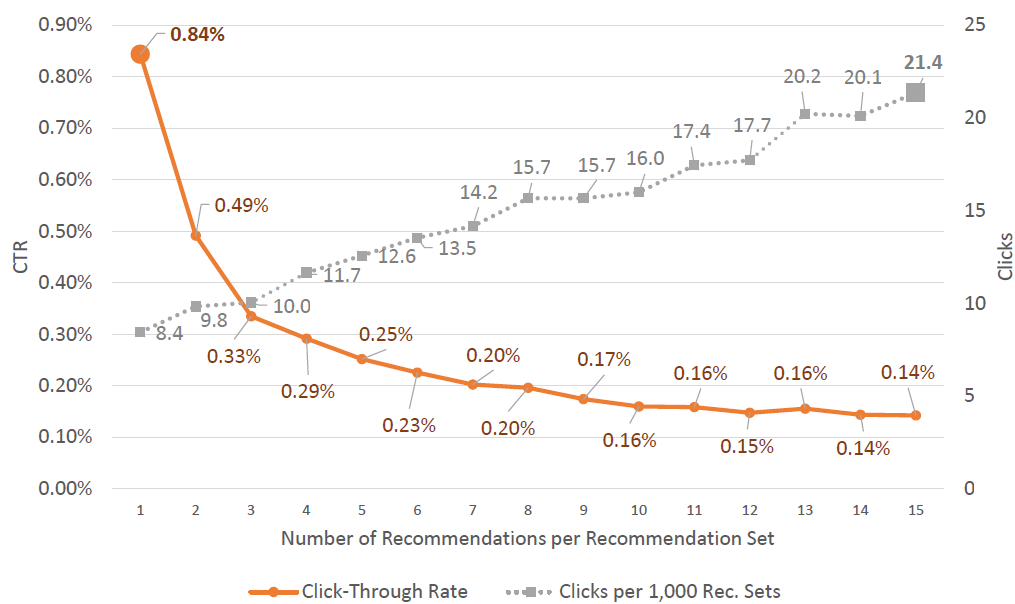Predicting adherence to ecological momentary assessments
Ecological momentary assessments (EMAs) prompt users with a short questionnaire. One of the biggest challenges in such studies is the lack of adherence, i.e., users stop filling out the questionnaires. Being able to predict if a user will fill out a questionnaire could allow for specifically addressing those users, or for over-sampling populations at higher … Read more

